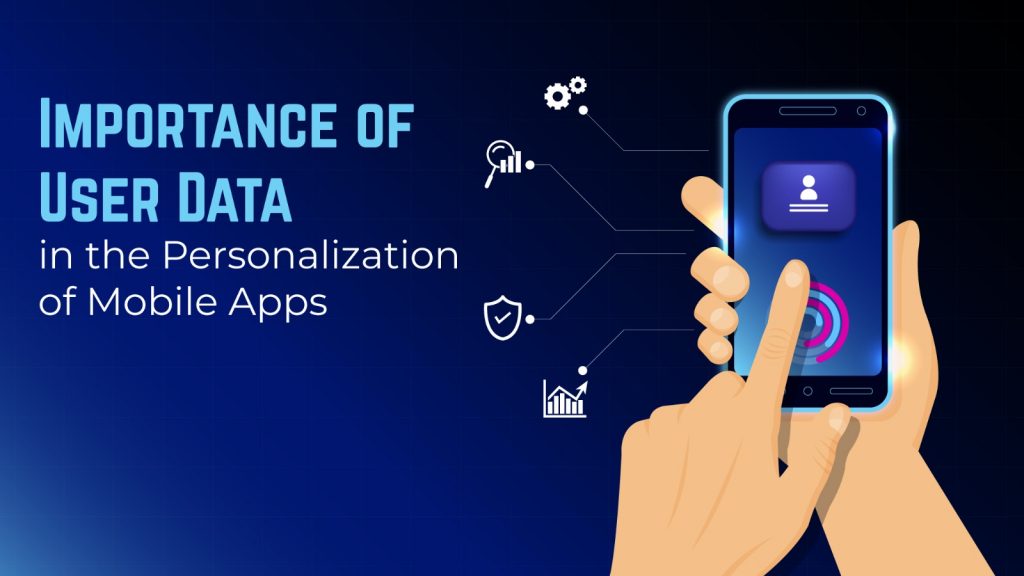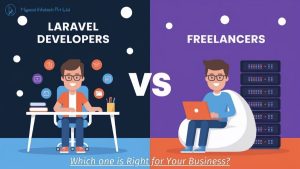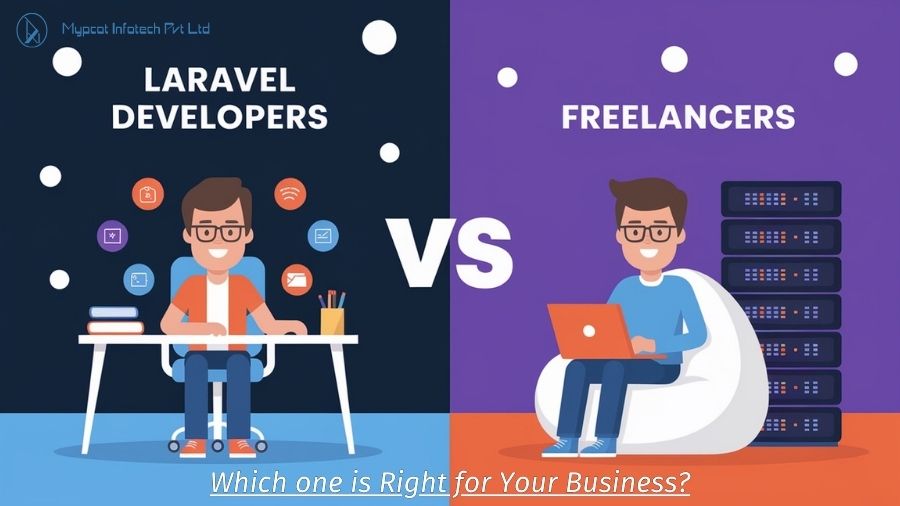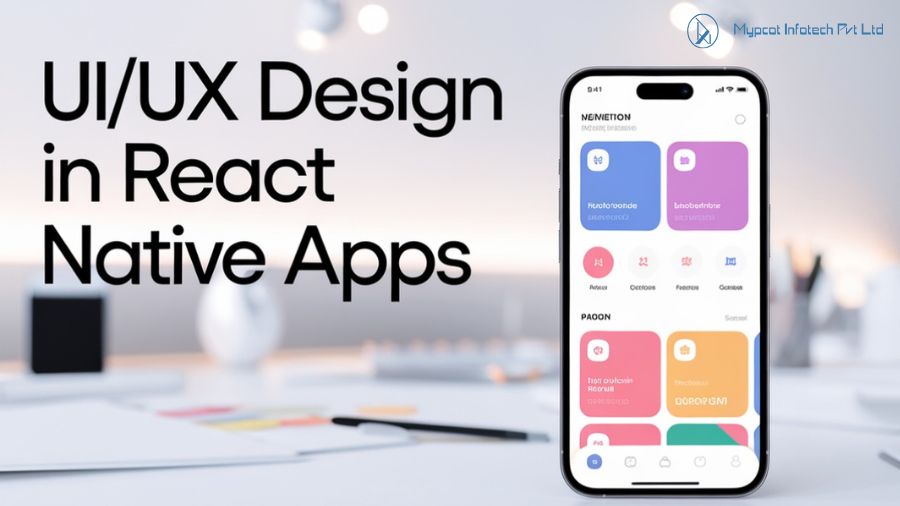The development of mobile apps is necessary for every business these days. Responsive mobile apps grab the attention of the audience and keep them engaged for a long time. If you want to make your business class apart, it is necessary to offer a rich and personalized experience to every user.
Personalization of mobile apps improves interaction between the customers and the company. It also makes your brand more visible to the targeted audience and helps to grow business sales. This blog lists the benefits of user data in the personalization of mobile apps.
Importance of user data in the personalization of mobile apps
Mobile app personalization is the way to create a customized user experience in the mobile app according to the preferences, likes, demographics, and behavior of the customers.
Personalization of mobile apps helps to improve user engagement and grab their attention. It includes creating content that tailors to the needs of the users and their preferences, likes, and business types. Some of the major benefits of user data in the personalization of mobile apps are:
1. Helps in engaging new users
A mobile app with unique features attracts more customers and keeps them engaged for a long time. Apart from that, the app personalization also gives a rich user experience to every customer.
You can personalize the apps by offering special discounts, recommendations, and other elements that attract users. Moreover, you can send personalized emails to the users with their names and special message targeting their likes and preferences.
2. Retains more users
The first impression of your mobile app must attract the users to make them stay for a long time. Every business must find a unique way to make your app different from the rest of other apps.
If the app does not have anything unique, the users will soon leave it. Personalization makes any app special with good elements, attractive layout, rich features, and unique design. You can also try introducing some other offers and discounts that other apps do not have in them.
3. Know your market
Targeting the right audience is necessary for running your business speedily. Personalization of mobile apps will help to know your targeted audience. Any new business must know the latest market trends and happenings in the digital market. You must also get accurate insights into the user base.
Data metrics will help to know the percentage of incoming traffic on the app. They will also show the percentage of conversion to make any necessary changes. It is necessary to optimize the app to get a higher conversion rate.
4. Identifies the patterns of the customers’ behavior
Forming a correct marketing strategy is necessary to reach the right audience. You must know the buying patterns of your customers with other factors such as age, gender, location, and preferences.
You can personalize the mobile app according to the amount of information that you collect from users. Different businesses frame their marketing campaigns to target the right audience. Some businesses also offer product launches and discounts on products to attract new customers. Personalized suggestions through notifications can do wonders for many customers.
5. Brings loyal users
Another benefit of personalization of a mobile app is that it builds brand loyalty. If your mobile app is unique, the users will recommend it to other users, family members, and friends. Personalization of mobile apps will boost business sales and increase the revenue of your business. Moreover, the mobile app personalization boosts the growth of your business.
6. Increases in-app purchases
Personalization of a mobile app helps to boost in-app purchases in a short time. When you offer suggestions, personalized messages, and discounts to the users, they will purchase the in-app product. Apart from that, the mobile app personalization also helps the users to make quick decisions while buying the product.
Sending personalized offers and notifications will bring back the customers who left the app earlier. Besides, these offers also make your brand valuable and keep your users engaged with the app.
7. Higher conversion rates
Good human interaction is necessary to retain the users on mobile apps. Sending personalized offers and various notifications will make users feel that they are connected to a human. Besides, personalization also brings more leads and grows business sales. Personalization of a mobile app gives a better user experience to the customers and higher conversion rates in the business.
8. Selling the products with ads
Posting ads for the product on social media platforms is very necessary to grab the attention of the customers. You need to study the user data to make these ads and post them on social media platforms.
Taking an app survey is another way to gather in-depth insights into the customers. It also helps in framing the marketing strategies and gathering feedback. Ads will help to target the right audience and increase business sales.
9. Improves brand awareness
Personalization of the mobile app improves brand awareness and attracts more customers. To attract the users, you must collect the user data and take a short survey to know their needs, likes, and preferences. Apart from that, you can also offer some rewards and prizes to the customers.
Personalized stories help to connect with customers directly and build brand awareness. They help to keep the users engaged with the app for a long time.
10. Improves user experience
Approaching the customers in a personalized manner grabs their attention. They will feel more connected to your brand through app personalization. Apart from that, the apps with personalization also help to know the purchasing patterns of the users with other factors like likes and choice and demographics.
Conclusion
Personalization of the mobile app by collecting the data user is necessary to grow your business and revenue. You can hire a good mobile app development company like Mypcot Infotech to personalize your business apps by collecting all the necessary data of the users such as preferences, needs, likes and buying patterns.











